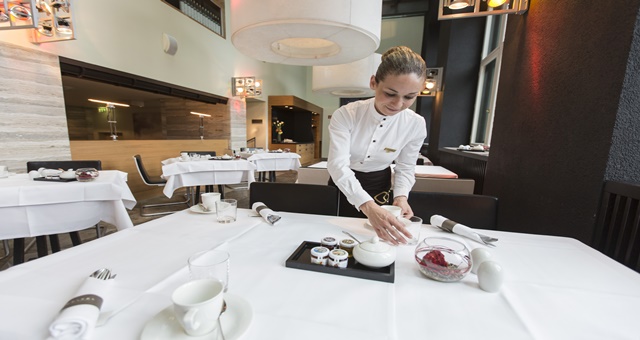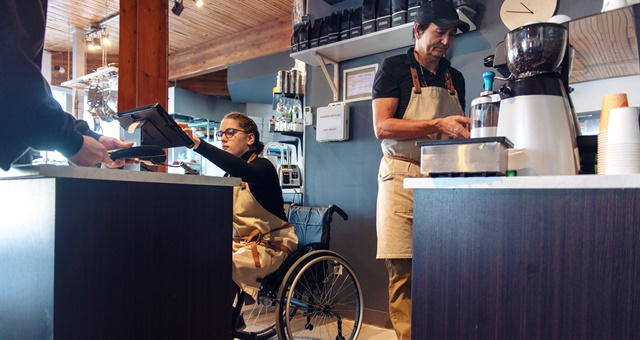Worry and stress levels are on the rise among hoteliers struggling to find and retain skilled staff, particularly chefs, with Tourism Accommodation Australia (TAA) and the Accommodation Association both now sounding the alarm bells at government levels.
Speaking at AHICE last week, CEOs from both associations upgraded the verbiage from crisis to catastrophe, saying the industry has kind of become a victim of its own success as more and more hotels are developed and brought into the market without sufficient work going into training and retaining skilled staff to work in them. Coupled with the global pandemic and an outbound flow of workers returning to their home countries, the problem has only grown worse.
“In the last year this problem has grown into something much more worrying,” said TAA National CEO, Michael Johnson.
“The global pandemic not only distracted governments and business from tackling our staffing issues it also created a unique set of conditions that have made it worsen ten-fold.”
Prior to the pandemic, a glut of new rooms was in the pipeline to help major cities deal with a rapidly approaching capacity ceiling. Between 2017 and 2019, the pipeline for major cities was hovering around the 50,000 mark for new rooms coming online over that two year period. TAA said in that time, it predicted that nationwide, there would be a need for nearly 17,000 new chefs alone. At the same time, the number of people starting apprenticeships in the food industry dropped 43.5%.
“This pandemic has had a devastating financial, emotional and mental cost on our businesses and especially on our employees,” Johnson said.
“Many left and found alternative employment in other industries less exposed to the impacts of COVID. Many of these were long term, valued and skilled employees.
“And at the same time we lost international students, working holiday makers and temporary skilled visa holders.”
Accommodation Association CEO, Dean Long, said that just prior to Christmas, the Association surveyed 6,000 people aged 25 years and under who had been unemployed for 12 months, to find out how many wanted to work in the hospitality sector. Only 205 said they wanted a job in hospitality.
“If that is not the largest, most significant challenge facing our industry, I don’t know what is,” Long said.
The Federal Government has this week taken a step in the right direction for the problem, loosening restrictions on student visa holders on how many hours they are allowed to work each fortnight.
However, Johnson said the problem was now at the point where hoteliers cannot operate at full capacity as they don’t have the personnel to be able to service the workload.

“In a recently-conducted nationwide survey of AHA and TAA members, 73% of hotels reported their business is suffering financially because of a shortage of skills. Across NSW alone, TAA estimates a labour shortage in hotels of 3800 workers right now.”
The Accommodation Association said a new program it is launching with the Department of Employment, which will be scaling up in the coming months, will aim to bring in up to 300 new people every month into the sector, many of them eligible for up to AUD$11,000 each in wage subsidies through the Federal Government’s JobTrainer program.
“We know we don’t have a ready cohort of people for our industry but being able to bring 300 people a month in at the peak of this program, will absolutely help your individual businesses fix the number one issue you’re facing,” Long said.




